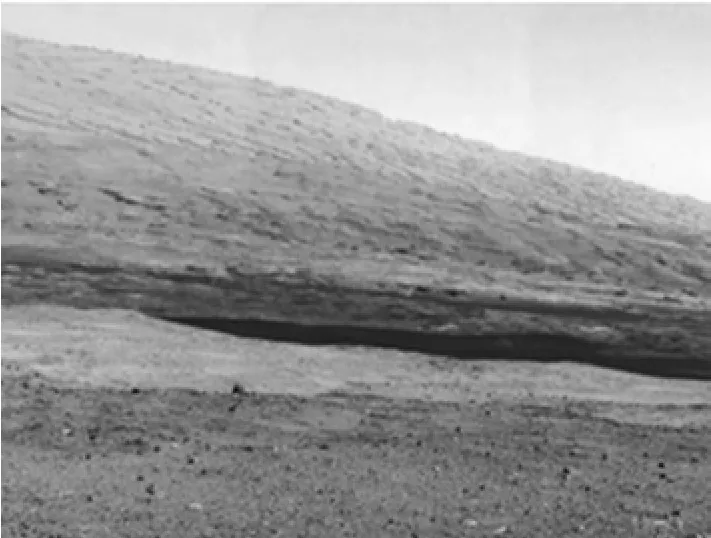Underground lakes on Mars


Today, Mars looks dry, and dusty. But over the years, scientists have found all kinds of evidence that the planet was once full of water.
They've found empty riverbeds, and signs of water erosion(侵蚀), and now, they're trying to figure out if this rock could have once had the right ingredients to host life. Because scientists announced the first geological evidence that Mars used to have a global system of underground, interconnected lakes.
The more they search, the more they discover that life totally could have been possible,and now, there's even more to think about. Besides just being very cool from a geology standpoint, that also suggests that some low-lying regions of the planet could have been in contact with water for a long time.
Last July, scientists announced that they had found evidence for a salty, underground lake on Mars, hiding under the planet's south pole.
And they did it by studying 24 deep craters (火山口) in Mars's northern hemisphere, using data from the European Space Age ncy's Mars Express mission. Inside them,they found channels carved into the crater walls, along with valleys where groundwater likely seeped (渗透) to the surface.
As solar wind and radiation stripped (剥夺) a young Mars of most of its atmosphere, the planet grew cold, and water that once flowed over the surface settled underground.
This planet-wide groundwater system may have even been linked to Mars's ancient ocean, too, since the water level in these basins closely lined up with some of the old shorelines.
If the team is right, if this deep water table did cover the planet, the paper's authors think it's also possible that life could have existed underground. And if so, they're hopeful that there could still be signs in these deep basins.
Of course, these findings are right now,and they can't prove that a groundwater network even existed. But as we keep developing missions to Mars, we officially have one more thing to investigate. Someday soon, we might even be able to send astronauts to sample these craters ourselves.
阅读检测
1. What do we know about Mars from the first two paragraphs?
A. It once hosted life.
B. It has many rivers now.
C. It was once rich in water.
D. It's dry from its birth till now.
2. Where are underground lakes on Mars according to scientists?
A. In its north pole.
B. In its south pole.
C. In its west pole.
D. In its east pole.
3. What can we know from the last paragraph?
A. The findings need further researching.
B. The findings solved scientists' problems.
C. It's not worthwhile studying those findings.
D. More challenges are brought to scientists because of the findings.
语言学习
难句分析
This planet-wide groundwater system may have even been linked to Mars's ancient ocean, too,since the water level in these basins closely lined up with some of the old shorelines. 这个遍布全球的地下水系统甚至可能与火星古代的海洋有关,因为这些盆地中的水位与一些古老的海岸线相同。
【点石成金】本句是一个主从复合句。 This planet-wide groundwater system是主句的主语,其中含有一个“情态动词+have+过去分词”的表推测的句型,since引导原因状语从句。

